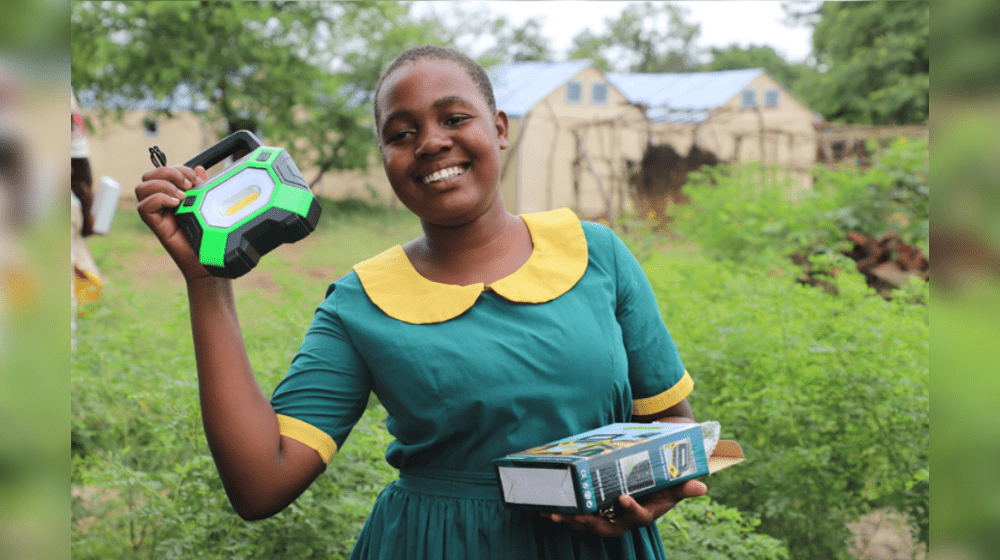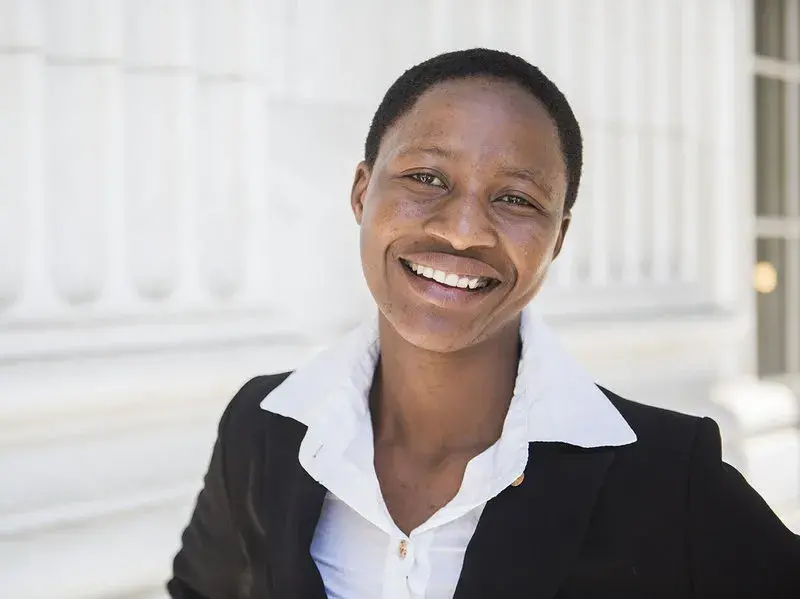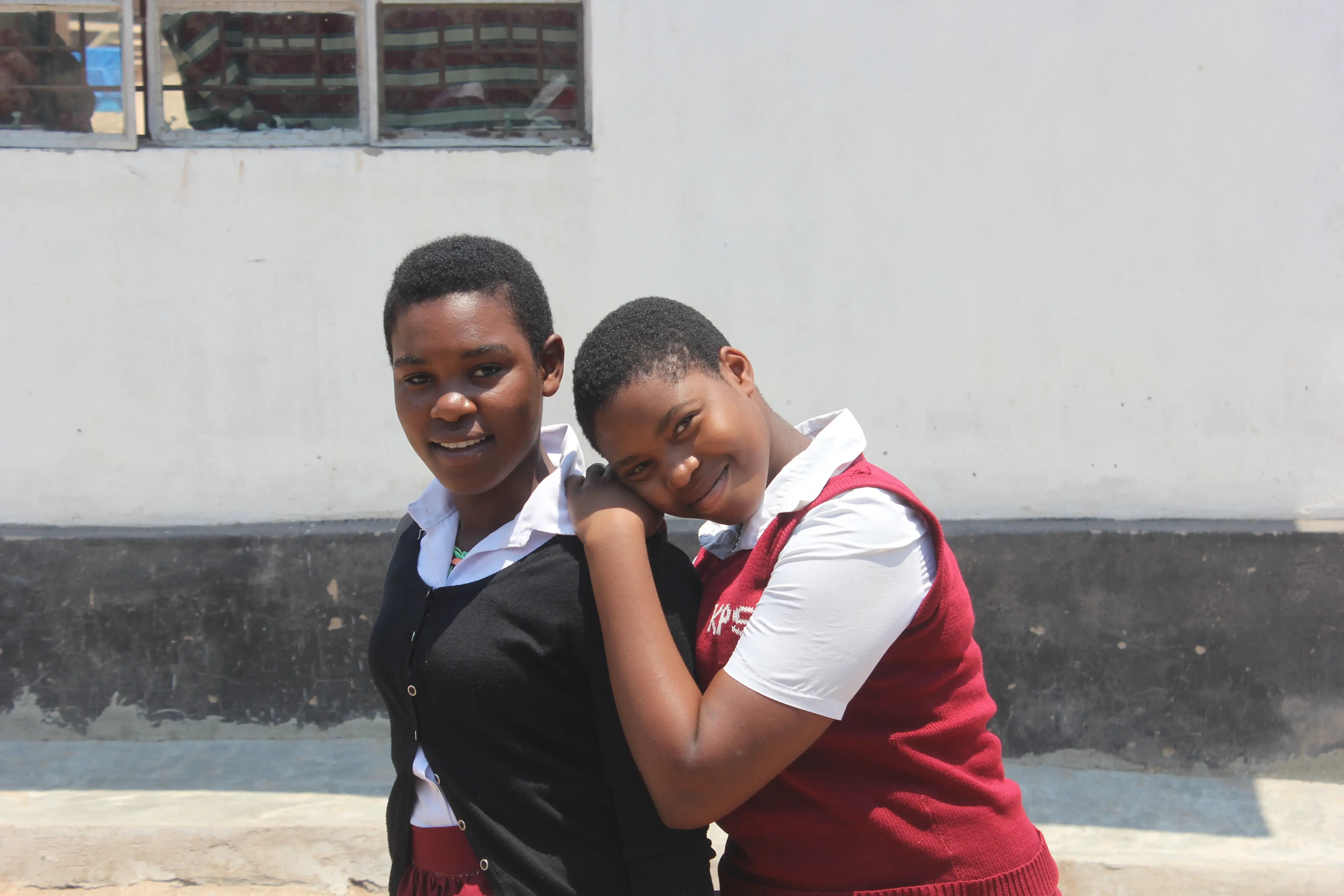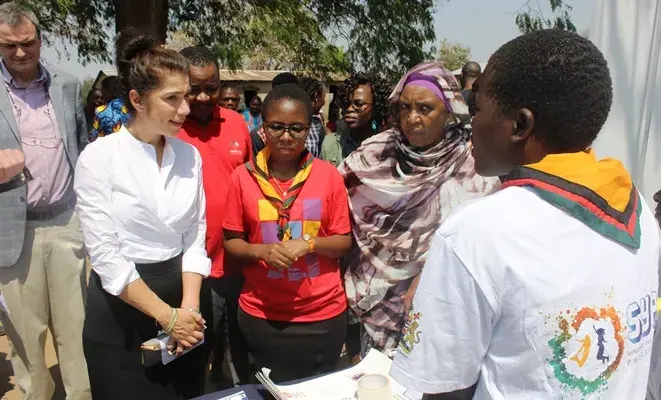CHIKWAWA, Malawi - Mthumba camp is a collection of skeletal grass thatched huts punctuated by four modern prefabricated square shelters. The camp, which is located a few kilometres from Chikwawa District Council, is resident to 250 households displaced by tropical storm Ana, and most recently tropical cyclone Gombe.
Like many camps in the district, Mthumba is scarcely equipped to accommodate such a huge population. The camp has few functional toilets, and has no source of portable water. The prefabricated shelters, which were supplied by the government, can only accommodate 10 people each. And the rest have to either sleep outside or in the huts, which barely protect them from weather elements.
Heightened risk of GBV in camps
Although the host community at Mthumba accepted the displaced families to build temporary structures on their land, friction was inevitable.
“At one time, men from the surrounding communities would come here drunk shouting that we need to go back from where we came from,” says 17-year-old Deborah Machiku who has been staying in the camp since January. “But the situation improved after our camp committee met with the local chief to resolve the issue.”
Despite the uneasy peace between the host community and the displaced people, there are lingering fears, especially among the women and girls, to perform household chores such as cooking or to venture outside, when its dark.
“I can’t study inside the shelter because it’s too crowded,” says Deborah who sleeps in one of the prefabricated shelters. “I have to go outside but I’m always afraid. There are people from different communities at the camp, and it’s difficult to know whom to trust.”
There are close to 220 young people staying at Mthumba camp. With funding from the UN Central Emergency Response Fund (CERF), UNFPA trained temporary youth peer educators in out of school comprehensive sexuality education (CSE) to reach out to youth staying in the camps.
The CSE campaigns have equipped adolescents staying at Mthumba and other surrounding camps, with sexuality information that will assist them to make informed choices about their sexual health to reduce chances of unwanted pregnancies, school drop outs, HIV and sexually transmitted infections (STIs). In addition, this has raised their awareness and knowledge on gender-based violence in all its different forms.
Youth fighting to end GBV in the camps
Sam Dickson (22) is the chairperson of Mthumba camp youth group. He says, before the youth group started, the youth in the camp were facing a lot of problems and had nowhere to go if they were confronted with issues such as gender-based violence.
“As young people we were being sidelined in many ways, and had nowhere to report if we faced abuse or had grievances,” says Dickson. “Through our persistence, we have managed to work with the camp committee to establish reporting mechanisms at the camp.”
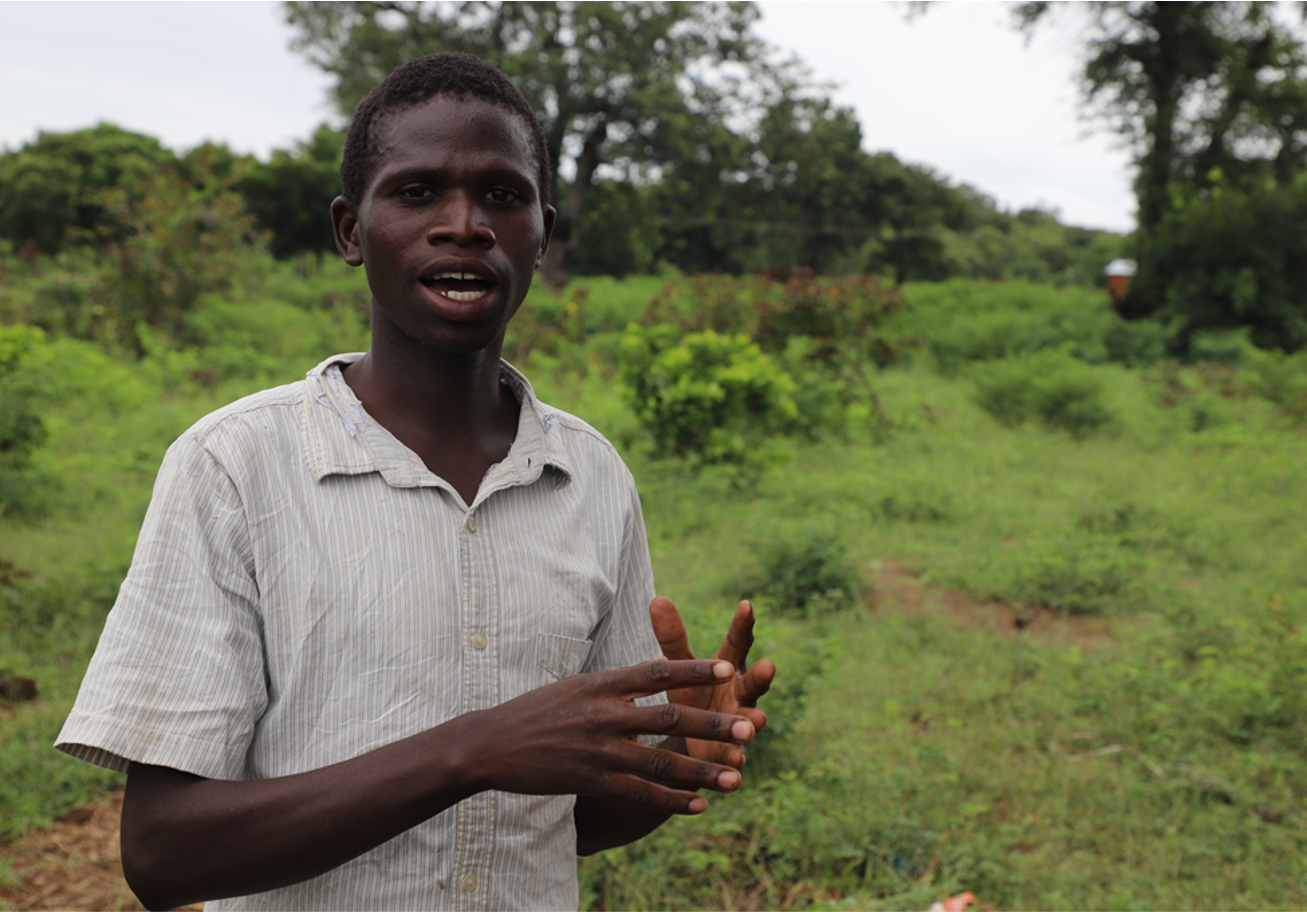
The youth group also works with village structures such as the community victim support unit, and has direct contact with the youth office at Chikwawa district Council.
“We realized that sometimes one cannot feel safe to report an abuse to fellow youth or the camp committee,” says Dickson. “That’s why we linked up with other structures so that those with issues to report, can have several options of where to find help.”
UNFPA response ease plight of youth in camps
UNFPA with support from CERF also supported Mthumba camp with dignity kits for women and adolescent girls, and most recently with solar torches and whistles. The torches and whistles have helped strengthen protection issues as women and girls now feel much safer to go out after dark.
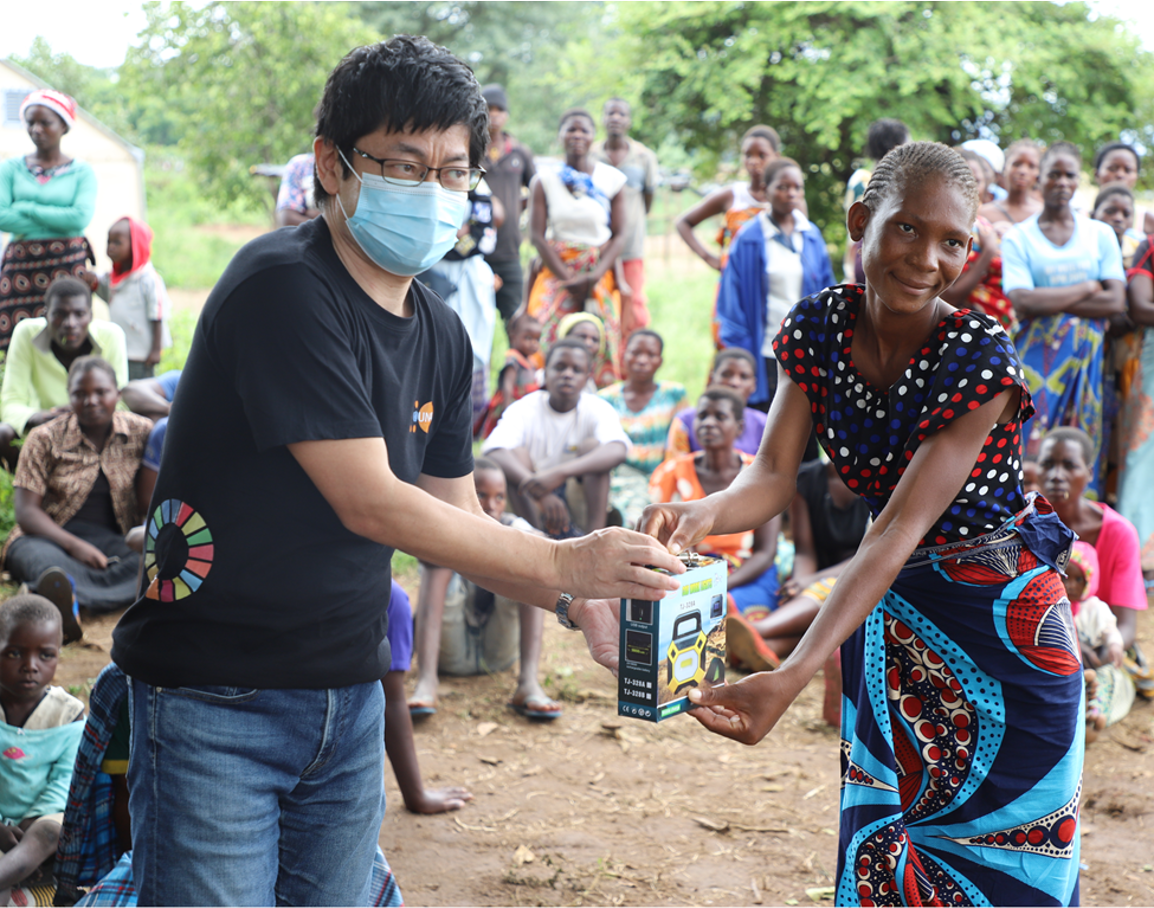
“One of the key interventions that UNFPA is supporting at Mthumba camp is working with young people,” says UNFPA Deputy Representative, Masaki Watabe. “We have supported them to develop their own youth group, and in addition, we have also built capacity of young CSE educators to help pass on messages on sexual reproductive rights and gender-based violence.”
“This is to ensure that the displaced communities, especially women and girls, know about the risks they face while staying in the camps, the rights to protect themselves and the means to access different services.”
By Joseph Scott, Communications Analyst

